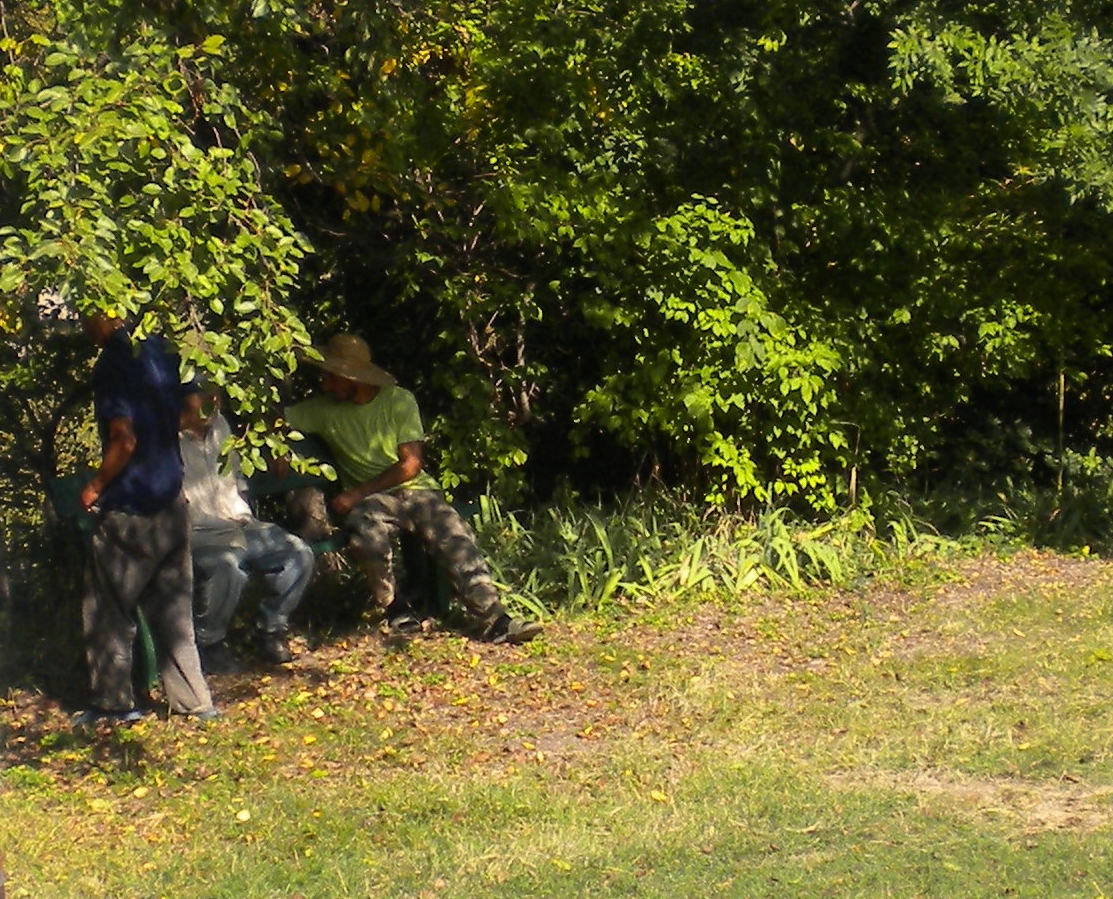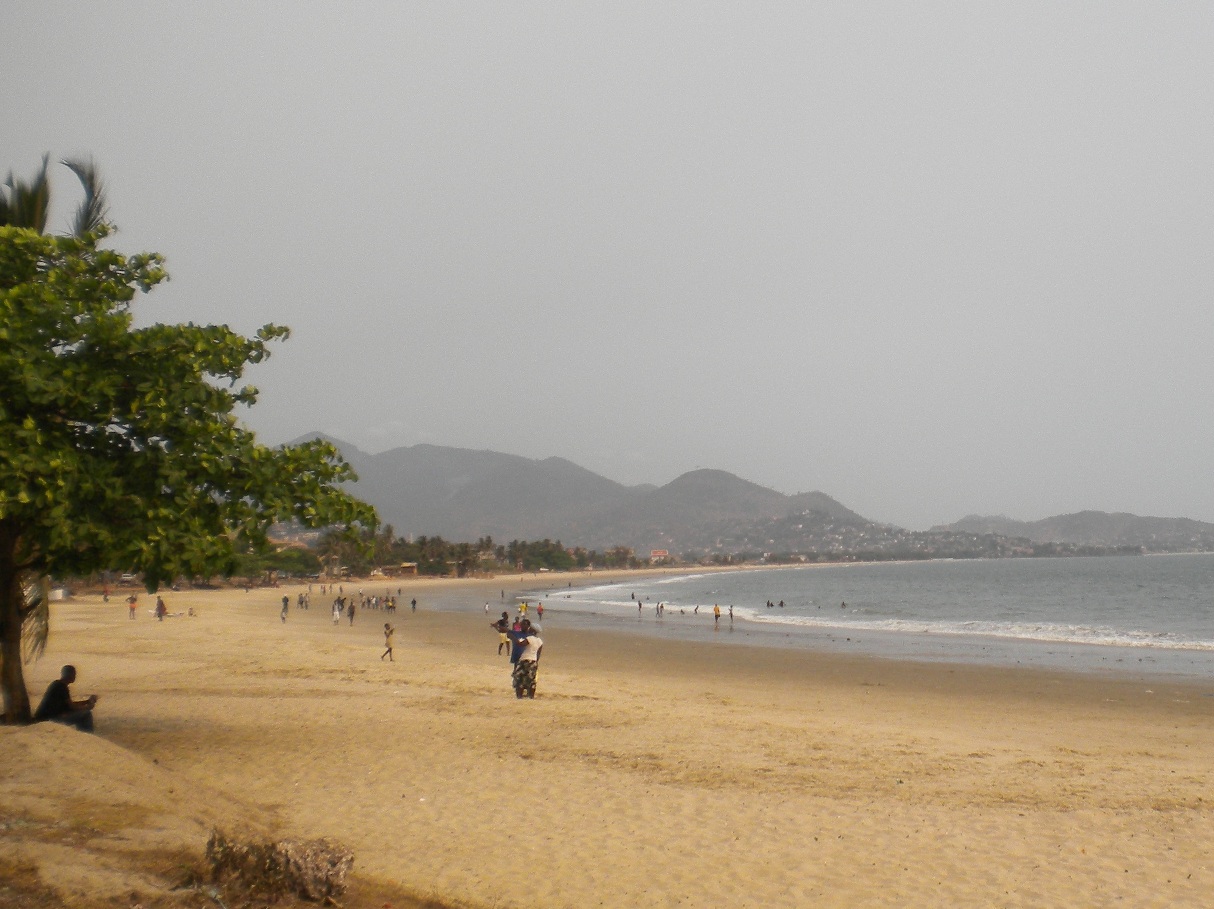Currents of Political Thought I (Winter 2017, University of British Columbia – Okanagan, Kelowna)
This course examines of some of the major global political ideologies and philosophies that have shaped, and been shaped by, events and trends of world history. These include classical liberalism, conservatism, reform liberalism, Marxism, democratic socialism, fascism, pacifism, neo-liberalism, feminism, environmentalism, and religious fundamentalism. The intent is to examine these ideologies within a philosophical, economic, and historical context. We alternate between broad overviews of each philosophy and primary source readings by practitioners of that philosophy, and often by scholars who mount objections to the theory of the week. This allows us to cast a wide net and cover theories not often available at the introductory level. The overall objective of the course is to provide students with an understanding of the background of current ideologies that shape public policies in domestic and international politics.
History of Political Ideas (Winter 2017, University of British Columbia – Okanagan, Kelowna)
This course examines the canon of political theory through select works by giants of the field from the early eighteenth to the twentieth century.
The overall objective of the course is to familiarize students with the most influential works of political theory and the ways in which various theorists have understood the origins and purposes of government. The primary focus is on understanding and internalizing their theories, but we also engage in criticism and use the arguments they present as jumping-off points to explore such broader themes as power, justice, human nature and sociopolitical organization, among others.
International Organizations (Fall 2017, University of British Columbia – Okanagan, Kelowna)
International relations are best understood by the organizations countries, non-governmental organizations, or even grassroots movements form across national boundaries. There are many debates, however, about why they exist, what role – if any – they play in solving or worsening international problems, and what effect they may have on countries’ domestic politics. Do they matter at all and, if so, how?
This course explores all of these questions, and follows a few story arcs. We begin with origin stories and follow the rise of the early modern state in Western Europe through to its domination of the world through colonialism and ultimately the creation of a global rights-based order. Next, we explore a few theoretical lenses that lead us to dramatically different conclusions about international organizations’ (IO) importance. We then turn to the institutions themselves, beginning with the United Nations, and a specific focus on the Security Council and the laws of war. We explore whether these institutions and laws suffice in today’s world, marked far more by civil conflicts than inter-state ones.
After the midterm, our focus shifts slightly to issues that could challenge the way we think about security, and the ways IOs have dealt with them or failed to do so. We discuss the politics of climate change, illegal trade, terrorism and international development, the roles international financial institutions have played, changing global balances of power, and what that has meant for NATO and for the African Union.
Canadian Politics (Fall 2017, University of British Columbia – Okanagan, Kelowna)
The study of Canadian politics provides an invaluable lens through which to understand the inner working of a wide range of modern liberal democracies. In this course, we examine not only the nature of Canada’s governing institutions in contrast to countries with alternate political structures, we place particular focus on the historical and social origins and effects of these institutions. The course follows two main story arcs. In the first, we come to grips with what our textbook calls the “machinery of governance”—that is, the structures and practices that yield political outcomes that affect our daily lives. We begin with large-scale concepts of power and the state. What is political power, and how do we know it when we see it? And what is “the state,” as distinct from regime or government, and how did this institutional juggernaut develop? We then scale down somewhat to look at key institutions in contemporary democracies: the branches of government, bureaucracies, varieties of federalism as compared to the unitary state, protection of rights and freedoms, and elections and electoral systems. This brings us to the micro-level of political decision-making, but we will see that the small-scale affects the large-scale as well as vice versa.
Introduction to Comparative Politics (Fall 2017, University of British Columbia – Okanagan, Kelowna)
This course introduces theories and concepts in the field of comparative politics, and applies them to practical political questions. We begin by exploring some basic—but by no means simple—concepts such as the state, nation, and institutions. These are crucial to the study of any country. We then move into problems associated with Western, democratic, capitalist countries by looking at the institutions that tend to shape public affairs in those societies. Having established this base, we then turn away from the West and see to what extent these concepts help us understand the developing world, authoritarian governments, and personalized state structures. Finally, we explore a couple of issues that challenge not only Western-centric but also state-centric points of view.
Corruption and Rights in International Politics (Spring 2017, Simon Fraser University, Vancouver)
This course examines the interaction of the global rights-based order and the patronage-based forms of authority that persist throughout much of the world. Core questions centre on the reasons for the persistence of corruption and human rights violations despite the massive institutional and normative global machinery designed to stamp them out, assumptions about how countries adapt to standards of human rights, good governance and democracy, and the unintended consequences of intervention.
The course follows four main arcs. First, we examine the pre-colonial and colonial origins of bureaucratic, rights-based rule in some regions and patronage rule elsewhere, and explore core concepts. Questions focus not only on the nature of rights-based vs. patronage-based orders, but the reasons for their geographic distribution, and the strengths as well as the weaknesses of each mode of rule. Next, we look at how patronage rule interacts with specific components of the global rights-based order: democracy, good governance in development, and human rights. The third arc examines these interactions according to a few specific contexts such as military professionalism (or lack thereof), state development and shadow state operations, organized crime and so on. Finally, we consider attempts to reform patronage-based orders, undertaken with varying degrees of sincerity, first at the domestic level and then via international intervention.
Introduction to International Studies (Winter 2016, Loyola University, Chicago)
In this course we explore a wide range of approaches and a broad set of themes, including international law, global health crises, colonial legacies, transnational conflicts and economic development. The course follows two arcs, each of which can be divided into two subsections. First, we examine the creation and functioning of the international order as we know it today. This begins from the point of view of its Western European originators and the great powers of today: state-building, industrialization and expansionism, the colonial project, and the post-WWII crafting of today’s international laws and financial institutions. We follow this with a look at the same processes viewed from “below” – regions in which patronage networks dominated, which tended to be colonized, which played little role in designing the international system’s formal rules, and which experience distinct problems of poverty, development and democratization.
Introduction to Comparative Politics (Fall 2015, Wheaton College, Illinois)
See Fall 2017, University of British Columbia – Okanagan.
African Politics (Fall 2015, Wheaton College, Illinois)
This course offers an overview of core issues in the evolution of African politics. We begin with a look at the historical record, from pre-colonial times through to independence struggles and decolonization, with a particular focus on the ways political organization—and ultimately the state—was shaped by these processes. This leads us to state crises and the ways in which ethnicity, “big-man” politics and patronage intervened in political life. Identity politics and economic crisis have led to an image of the continent as fundamentally corrupt and tribalistic, but we unpack the processes that brought about economic collapse in the hands of rational actors. By the same logic, we analyze the wide array of political violence the continent has experienced.
The second half of the course considers Africa as an international system and Africa in the international system, each of which constitutes an arena with tools to address economic and political crises, but each of which has different norms and practices surrounding those issues. We explore formal international organizations like the African Union as well as the continent’s heavy-hitters. We examine the complicated legacies of colonialism and the ways these continue to inform former colonizers’ activities on the continent, as well as those of donor organizations. New developments in conditional sovereignty and actions by the International Criminal Court bring us full circle, questioning not only the nature of African statehood but the productive effects of their legal sovereignty in the international system.

